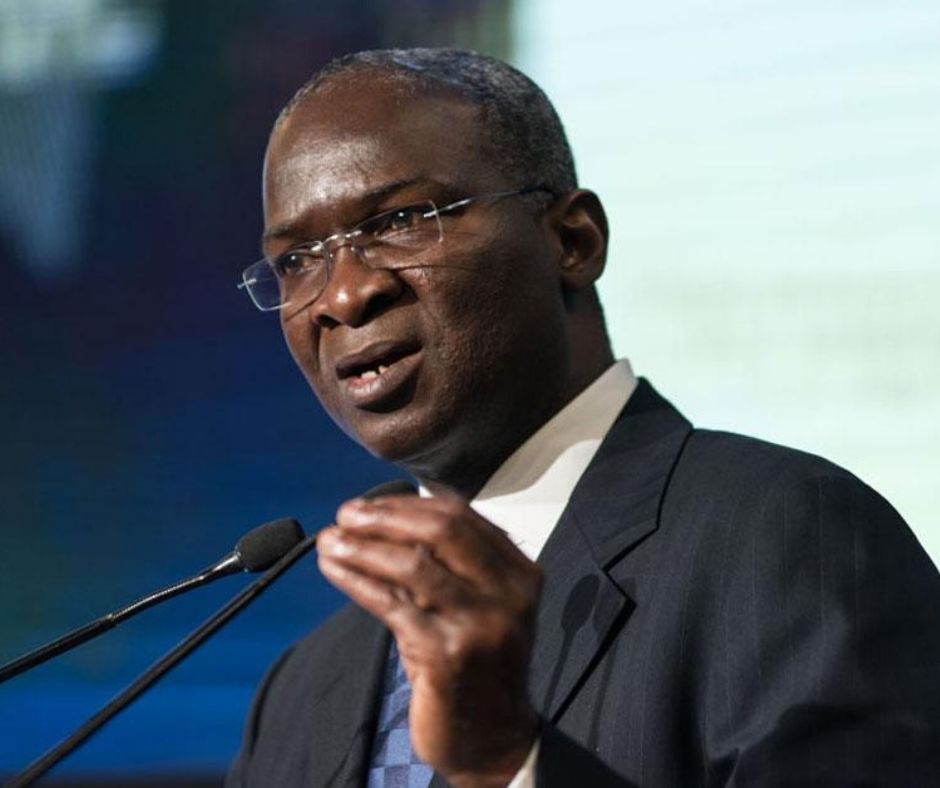Nigerians still want their C of O signed before I leave office – Fashola
The outgoing Minister of Works and Housing, Babatunde Raji Fashola, Friday said he still receives messages from Nigerians requesting for their certificates of occupancy (C of O) to be signed before he leaves office. Fashola spoke Friday in Abuja at the contract signing ceremony for the Value-Added Concession (VAC) under the Highways Development & Management […]

Babatunde Fashola
The outgoing Minister of Works and Housing, Babatunde Raji Fashola, Friday said he still receives messages from Nigerians requesting for their certificates of occupancy (C of O) to be signed before he leaves office.
Fashola spoke Friday in Abuja at the contract signing ceremony for the Value-Added Concession (VAC) under the Highways Development & Management Initiative (HDMI).
“Today, some people still send me messages saying ‘please sign my C of O before you go’. Even if today is my last day here, documents need to be signed so that we can move on to the next phase,” he said.
Fashola said the event was another demonstration of the ministry’s innovative commitment to fixing the nation’s federal road network through a multi-pronged approach.
- Children set agenda for Tinubu ahead of inauguration
- NAFDAC destroys N4.2bn worth of drugs, beverages
Director overseeing the Office of the Permanent Secretary, Engr. F. B. Esan, said the HDMI was created to develop and manage the federal road network with the aim of attracting sustainable investment and funding.
“The rationale behind the private sector engagement is to provide an alternative avenue to finance road development and management in the country,” he said.
The Director General, Infrastructure Concession Regulatory Commission (ICRC), Michael Ohiani, said: “The projects have potential to attract investments worth over N1.134trn in addition to job creation of opportunities for skilled, semi-skilled and unskilled labour.”
The Director General, Bureau of Public Enterprises (BPE), Alexander Okoh, said: “This initiative will not only improve connectivity but also provide safer and more reliable travel for commuters, reduce congestion, and facilitate the movement of goods and services.”
